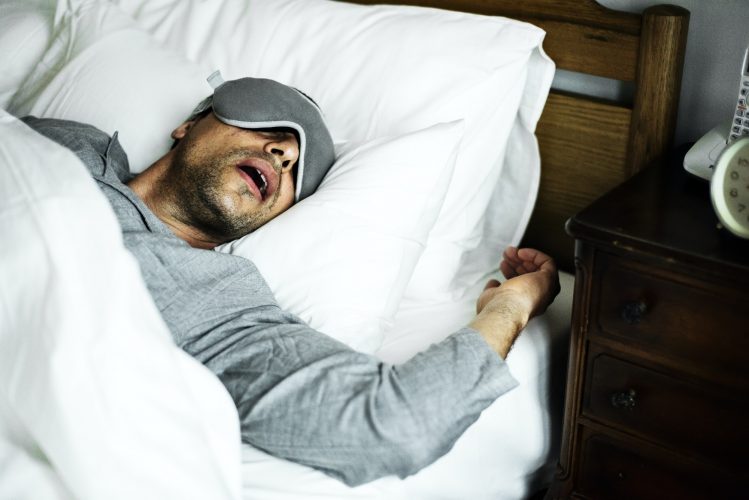What causes people to snore?
Snoring is the sound of obstructed breathing that can be caused by a variety of factors, including low muscle tone, bulky throat tissue, or a long soft palate or uvula. It could also be a sign of a treatable health condition interfering with your sleep breathing, such as nasal congestion caused by a sinus infection or allergy.

However, in some cases, snoring may be associated with more serious, even life-threatening, health issues. The root cause of snoring is when the air you’re breathing doesn’t flow smoothly through your nose and throat when you’re sleeping.

Instead, it bumps into the surrounding tissues, which causes a vibration. The resulting vibration makes the snoring sound as you breathe. Your tongue’s position may also play a part.
When people have allergies, it can become more pronounced.

This is because the airways in the nose and throat get irritated and congested, which could result in snoring. Allergies aren’t the only irritants that lead to congestion. When the air is excessively dry, dusty, or polluted, the body’s mucous membranes do double duty to filter out particles and pollutants.

Heavier people tend to have extra tissue and fatty deposits around the neck and throat area. Due to the effects of gravity, can collapse the muscles, restrict the airway, and promote snoring.
The dry air you create in your lungs by smoking combined with the chemicals and irritants you put in your lungs leads to inflammation, which also reduces the size of the air passageways in your nose & throat. Drinking does more than just help you relax.

It also relaxes the muscles around your throat. When those muscles relax instead of remaining taut and in place, you’re more likely to snore. As if you weren’t sad enough about getting older, now you have to worry about snoring, too!
As we age, our skin and tissues lose elasticity and moisture. The drier tissue is more susceptible to the vibrations that cause noise in our throat & nose.

Some people are built to snore! A larger tongue, pronounced tonsils, or a long uvula can all cause a constricted airway. Even a deviated septum or soft chin could contribute to a nightly snore-fest.
If you sleep on your back (or learn how here), you’re more likely to snore. Usually, a sharp nudge with an elbow is enough to encourage a snorer to roll to their side, which is often enough to stop the sounds.

The reason back sleeping causes snoring is because this position causes the throat muscles to relax, and as you know, that’s what creates the ideal environment for this sound in first place.

If you’ve been burning the candle at both ends and finally get a chance to sleep, you’re probably going to sleep much more deeply than normal. When this happens, the body isn’t as easily roused in the event that there’s a disturbance, even when it’s coming from within.

If you have a cold or stuffy nose & throat, the act of breathing itself can be a challenge. The effect is almost like a vacuum, and so people with nasal and sinus problems are frequent snorers. People with obstructive sleep disorders are also notorious for being snorers.

Interestingly enough, people who have sleep apnea almost always snore. But, people who snore don’t always have obstructive sleep apnea. While the two conditions are linked, as you can see, there are many reasons people snore other than just sleep apnea.





